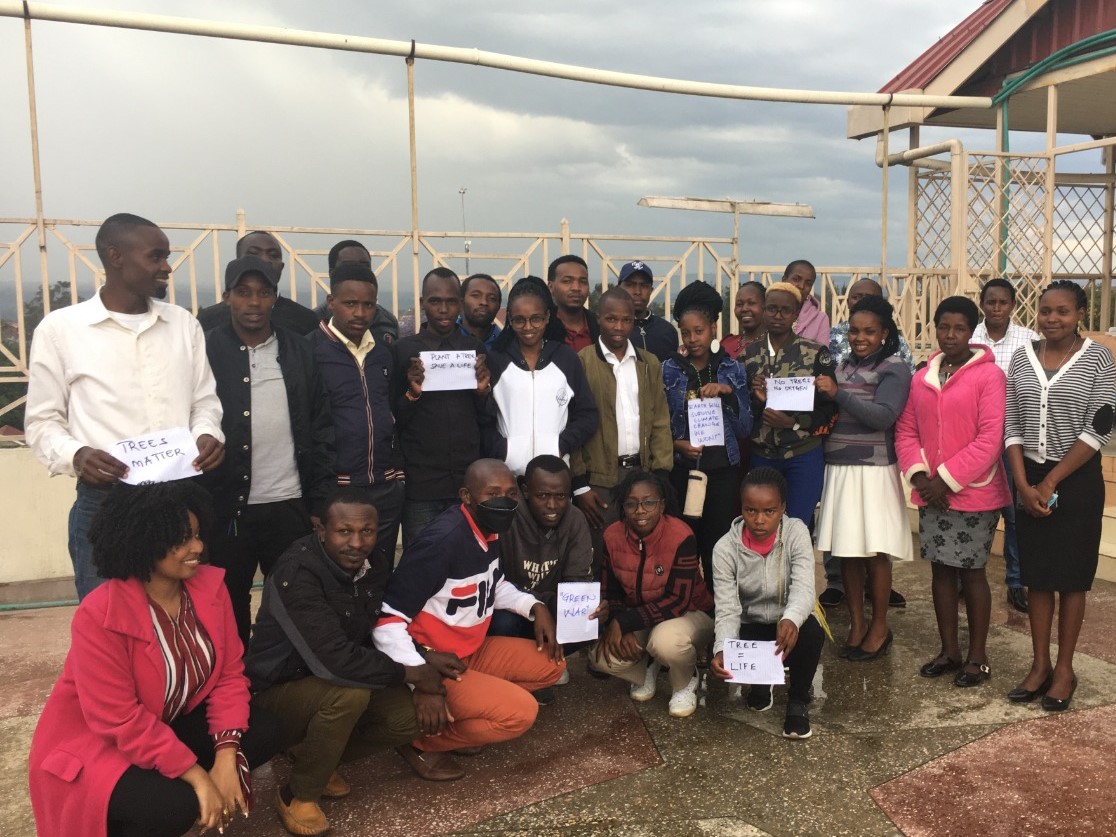Climate change is one of the greatest challenges facing the world today, and its impact is felt most acutely by indigenous communities. The Ogiek people of Kenya are one such community, whose traditional way of life is threatened by the effects of climate change. Climate justice is essential to ensure that the Ogiek youth can have a sustainable and secure future.
The Ogiek are a forest-dwelling community whose traditional livelihoods depend on the forest’s resources. They rely on the forest for food, shelter, and medicine, and their culture and spirituality are deeply rooted in the forest. However, climate change has had a devastating impact on the forest and the Ogiek community. Deforestation, land degradation, and the loss of biodiversity are all symptoms of climate change, and they have a profound impact on the Ogiek’s way of life.
The Ogiek youth are particularly vulnerable to the effects of climate change. They are facing a future where the forests they depend on may no longer exist, and their way of life may be lost. The Ogiek youth are also facing challenges from increased food insecurity, water scarcity, and the loss of cultural heritage.
Climate justice is essential for the Ogiek youth to have a secure and sustainable future. Climate justice means addressing the root causes of climate change and ensuring that the most vulnerable communities, like the Ogiek, are not left behind. Climate justice means recognizing that the actions of developed countries have contributed the most to climate change, and they have a responsibility to support developing countries in their efforts to mitigate and adapt to climate change.
Climate justice also means ensuring that the Ogiek youth have access to education, healthcare, and other essential services. It means protecting their cultural heritage and recognizing their traditional knowledge and practices as valuable contributions to sustainable development.
The Ogiek youth can play a crucial role in building a sustainable future. They have a deep understanding of the forest and its resources, and they can contribute to sustainable forest management and conservation efforts. However, they need support from governments, civil society organizations, and the private sector to realize their potential.
In conclusion, climate justice is essential for the Ogiek youth to have a sustainable and secure future. The effects of climate change are already being felt in their communities, and they need support to adapt and mitigate its impact. Climate justice means recognizing the contribution of the Ogiek youth to sustainable development and ensuring that they have access to the resources they need to build a sustainable future. It is time to take action to address climate change and ensure that the most vulnerable communities, like the Ogiek, are not left behind.

